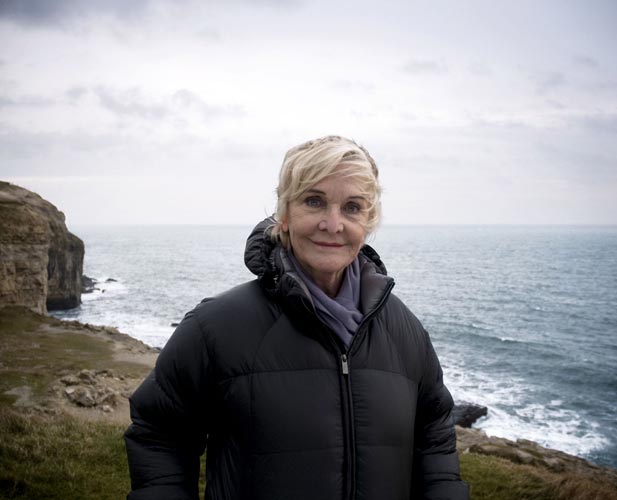Simon Schama's John Donne, BBC2<br/>Armando Iannucci in Milton's Heaven and Hell, BBC2<br/>My Life in Verse: Sheila Hancock, BBC2
When the same images are used to illustrate the works of Donne and Milton, you see why verse works better on radio

Your support helps us to tell the story
From reproductive rights to climate change to Big Tech, The Independent is on the ground when the story is developing. Whether it's investigating the financials of Elon Musk's pro-Trump PAC or producing our latest documentary, 'The A Word', which shines a light on the American women fighting for reproductive rights, we know how important it is to parse out the facts from the messaging.
At such a critical moment in US history, we need reporters on the ground. Your donation allows us to keep sending journalists to speak to both sides of the story.
The Independent is trusted by Americans across the entire political spectrum. And unlike many other quality news outlets, we choose not to lock Americans out of our reporting and analysis with paywalls. We believe quality journalism should be available to everyone, paid for by those who can afford it.
Your support makes all the difference.If that alien had arrived in Britain lately, he'd imagine we were all poetry crazy. There was the outpouring of enthusiasm at the appointment of Carol Ann Duffy as Poet Laureate. There is the on-going controversy over who should be the new Professor of Poetry at Oxford. And there is, thanks to the BBC's well-meaning Poetry Week, verse being declaimed or discussed every time you switch on the telly.
But we're not all poetry crazy. Simon Schama's John Donne opened with a vox pop confirming that hardly anyone had even heard of the guy. Armando Iannucci in Milton's Heaven and Hell featured a similar exercise, with similar results. And Sheila Hancock got a whole hour to display how My Life in Verse had been, let's say, under-lived.
I bow to no man in my admiration of Simon Schama and I'm a great admirer of Donne as well. So a show that started out by telling me that I was about to learn something new and amazing about a man I'd never heard of made me feel a little traduced. Then there was Fiona Shaw. She read most of the poetry, with passive, understated languor. Donne's poetry, whether his early, earthy love sonnets, or his later, violent religious verse, is masculine, passionate, forceful, thrilling, virile. Shaw's renditions were far too mannered. Iannucci did the Milton himself, and with such animated sensuality that you wished he'd done the Donne as well.
As for the critical discussions between Schama and Shaw, they sometimes strayed into viewer- insult territory. Shaw quotes from "The Good Morrow". "Were we not weaned till then?" Schama comments: "Well, that means he was a baby." Get off me. Iannucci, who struggled and failed for three years to write a PhD dissertation on Milton's Paradise Lost, pitched his analysis with much less condescension.
Otherwise, the two shows had similar problems, and largely dealt with those problems poorly. Hampered rather than helped by the visual medium in which they were operating, both resorted to many shots of bare branches, masonry, or views of St Paul's Cathedral.
In Donne's case, St Paul's was quite appropriate. He'd been born in nearby Bread Street, in 1572, had lived at the centre of tumultuous religious and political times, and had ended his life as the cathedral's Dean, preaching fire and brimstone from the pulpit. But in Milton's case it was appropriate too. He, also, had been born in Bread Street, in 1608, had lived at the centre of tumultuous religious and political times, and had ended his life wrestling with the word of God in his own forceful and radical way.
Yet stunning and fascinating as the biographical details of the lives of the two men were, only words – or dramatic production far beyond the budgets of these programmes – could adequately relate them. It was actually a pointless distraction to have to watch these offerings rather than just listen to them. One was tempted to throw a cloth over the telly, and invent radio.
Hancock's show was more suited to the medium – just, because she, at least, explored different poems at different times and talked to different sorts of people who loved them. The paucity of visual material wasn't quite as evident, and anyway, Hancock does something great for the widows of the world when she talks so openly about her grief at the loss of her husband, the actor John Thaw. If poetry can help others as it has helped her, then that's wonderful. But her show also featured bare branches, masonry and views of St Paul's. Much more sensible simply to prop up a postcard of the building on the DAB.
Join our commenting forum
Join thought-provoking conversations, follow other Independent readers and see their replies
Comments